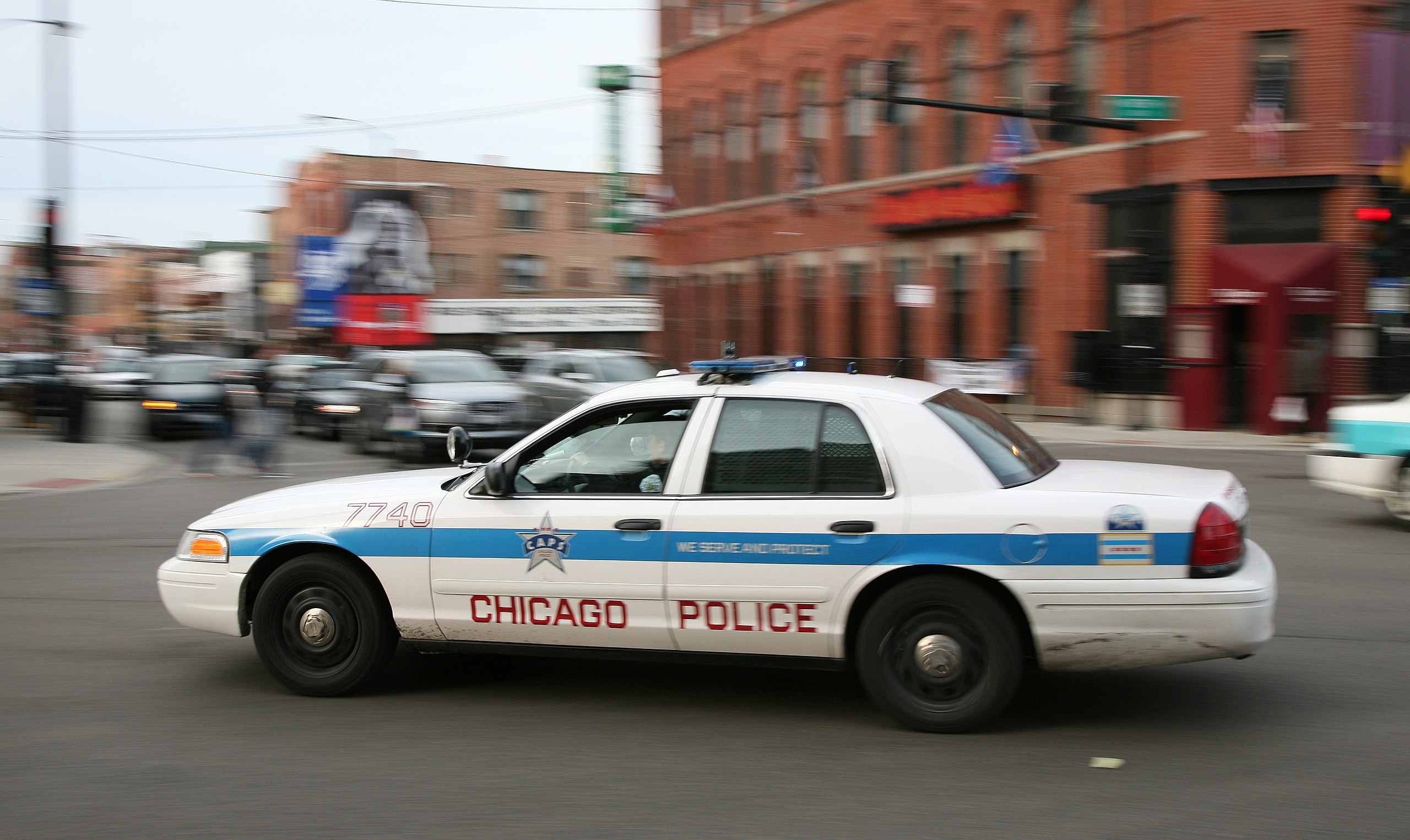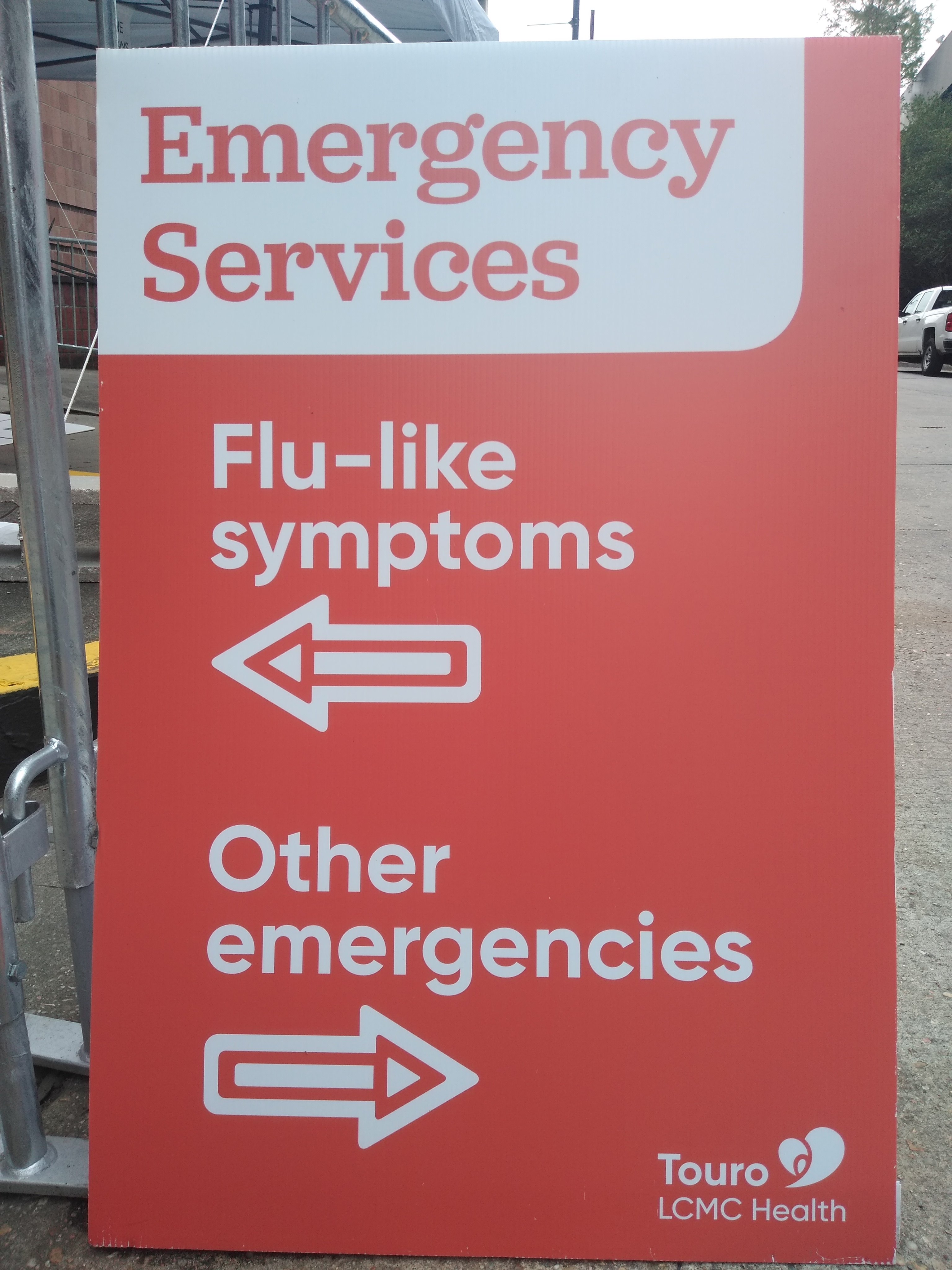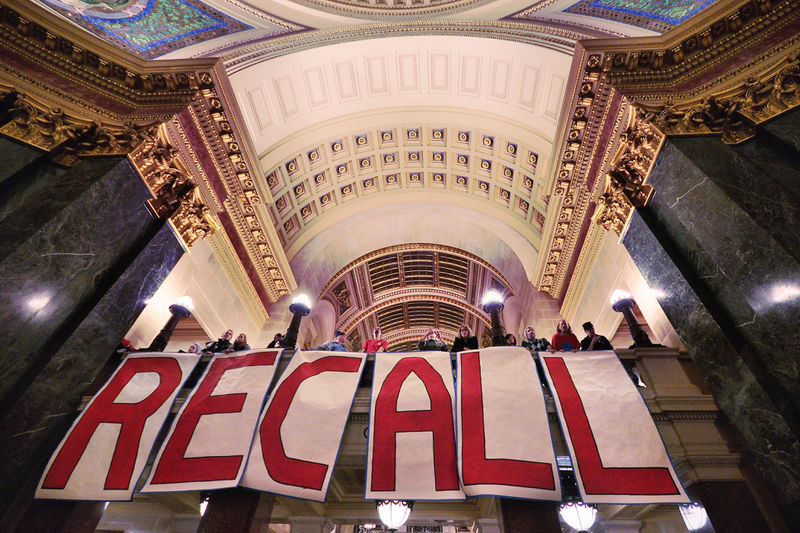Category: Local
-
Policing issues in the most recent Minneapolis and Chicago mayoral races

Two recently elected mayors of major midwestern metropolises are facing similar challenges in reaction to the killing of Minneapolis resident George Floyd by city police last month. Like many big American cities, large demonstrations have occurred in both Minneapolis and Chicago to protest both the death of Floyd specifically and the behavior of police in…
-
St. Paul school board representative Xiong dies of COVID-19

Marny Xiong, who was an at-large representative on the St. Paul Board of Education, died of COVID-19 on June 7. Her family released a statement on June 8 notifying the public of her death. Xiong tested positive for COVID-19, the disease caused by the SARS-CoV-2 virus, roughly one month before her death. Xiong’s sister posted…
-
Two Massachusetts selectmen facing recall on June 27

In Kingston, Massachusetts, Selectmen Chairman Josh Warren and Selectman Elaine Fiore are facing a recall election on June 27. Both officials became the subject of a recall campaign stemming from their official response to an incident that occurred in January 2020 between another selectman and a town employee. Recall supporters, led by Kingston resident Peter…
-
New Harris County Clerk takes office
Christopher Hollins (D) assumed office as Harris County Clerk in Texas on June 1, replacing former clerk Diane Trautman (D) following her resignation. The county commissioners court appointed Hollins to the position on May 19 after Trautman announced her resignation earlier in the month. Trautman resigned due to concern regarding her ability to perform the…
-
Voters approve California school board recall election
A recall election seeking to remove Leanne Ibarra and Jose Lara from their positions on the El Rancho Unified School District Board of Education in California was approved by voters on June 2, 2020. Joseph Rivera was elected to replace Lara, and Esther Mejia was elected to replace Ibarra. The election was conducted entirely by…
-
Idaho library district trustees retained in recall election
A recall election seeking to remove four of the five trustees of the Priest Lake Library District board in Idaho was defeated by voters. The effort sought to recall Debbie Sudnikovich, Laurel Smith, Nancy Bushman, and Lori McReynolds after they voted to fire library director Beverly Richmond in September 2019. All four trustees retained their…
-
Voters approve $130 million bond issue for Fort Wayne, Indiana, Community Schools
In Allen County, Indiana, voters approved a $130 million bond issue for the Fort Wayne Community Schools district, which is the second-largest school district in the state. The measure was approved 74 percent to 26 percent on June 2. The ballot measure allowed the school district to issue bonds to fund repairs and renovations to…
-
Kansas City, MO, voters approve a ballot measure to increase the sales tax for fire department operations
With 100 percent of precincts reporting, Kansas City Question 1 was approved on June 2. The measure received 55 percent of the vote. Question 1 was designed to increase the sales tax by 0.25 percentage points, bringing the total city-levied sales tax to 3.25 percent (in addition to county and state sales taxes). Under Question…
-
Voters in the West Ada School District, Idaho, rejected a ballot measure to renew a $14 million property tax levy
Voters in West Ada School District, located in Ada and Canyon Counties, Idaho, rejected a ballot measure to renew a $14 million per year supplemental property tax levy for the period between July 1, 2020, and June 30, 2022. According to results released on June 2, 54 percent of voters rejected the ballot measure. The…
-
Philadelphia voters approve two charter amendment ballot measures
Voters in Philadelphia, Pennsylvania, approved two amendments to the city’s charter on June 2. Question 1 created a Philadelphia Department of Labor, along with a Board of Labor Standards, to administer and enforce citywide labor laws and collective bargaining agreements. According to election night results, Question 1 had 80 percent of the vote. Question 2…

